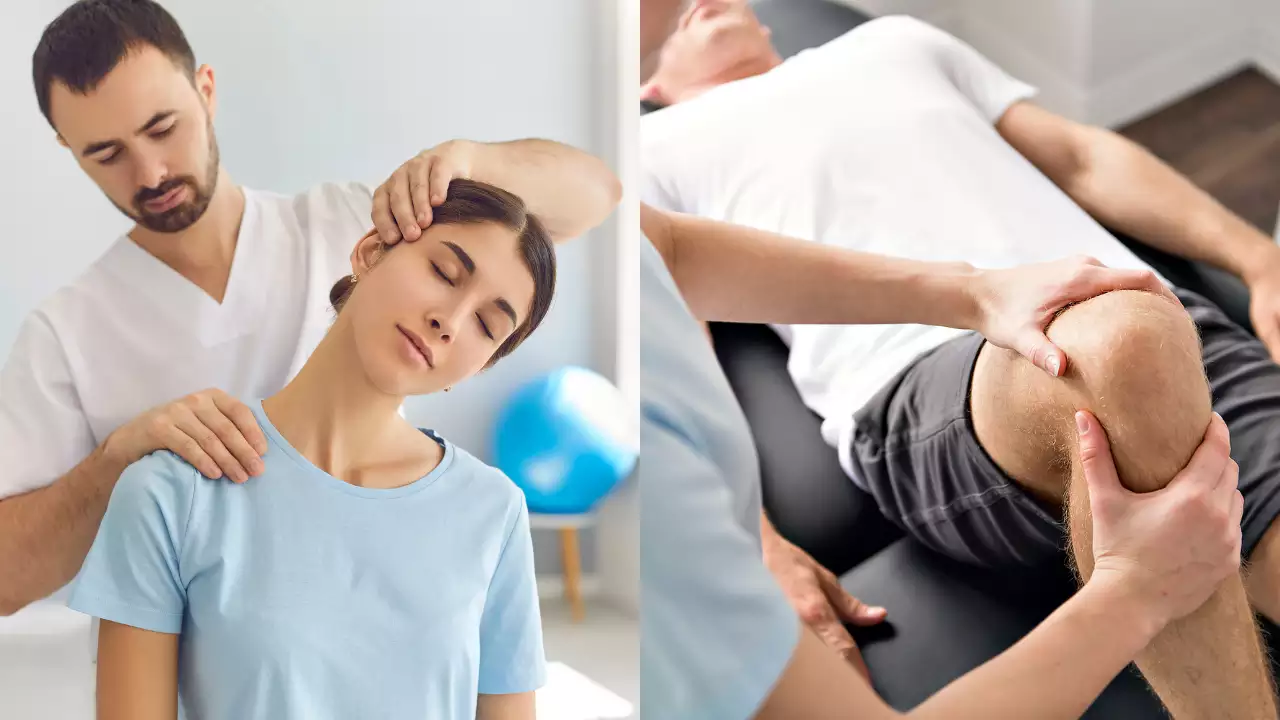Life is surely made easy through modern conveniences, but these also usher in sedentary lifestyles that take their toll on physical health. Desk jobs, hours spent scrolling through screens, and a myriad of similar practices mean that a human body meant to move now pays the price for sitting down constantly. Advanced physiotherapy remains in ever-growing demand, however, it remains underappreciated.
The Rise of Sedentary Disorders
The World Health Organisation has constantly pointed out physical inactivity as one of the most significant risk factors for non-communicable diseases. "Apart from diabetes, obesity, and heart disease, the silent killer of a sedentary lifestyle is also weakening the musculoskeletal system. Chronic back pain, neck stiffness, joint issues, and early-onset arthritis are brought about by prolonged sitting, poor posture, and lack of physical activity," says Dr Sachin Sethi (PT), Principal Lead -Advanced Physio Care Clinic, Artemis Hospitals.
Technology, which is a double-edged sword in every way, is one major contributor to the problem. Cultures of binge-watching, remote work, and online gaming have severely reduced the amount of time spent moving about. So, younger folks are experiencing signs of ailments such as herniated discs, repetitive strain injuries, and lower flexibility, characteristic of an older population.
Why Physiotherapy Is More Crucial Than Ever?
Physiotherapy, once a niche solution for injuries and post-surgical rehabilitation, has now become much more. "It covers not only injuries but also lifestyle-induced conditions that need professional attention," Dr Sethi says, adding that physiotherapists use a variety of techniques, from manual therapy and dry needling to the most advanced technologies, like laser therapy and electrical stimulation, to ease pain and restore mobility.
Physiotherapy possesses a preventive dimension that is usually underestimated. Identifying movement patterns and muscular imbalances, Dr Sethi says, can help physiotherapists avoid chronic conditions in individuals. He cites an example: "Teaching ergonomics while designing individual exercise plans can make major improvements to posture, strengthen the core, and reduce joint strain."
Psychological and Economic Impact
Besides the physical implications, the psychological and financial burdens are equally terrible. According to him, chronic pain and immobility lead to a sense of anguish and depression that triggers a vicious cycle of inactivity and deterioration in mental health. This inflicts productivity, relationships, and general quality of life.
Sedentary lifestyle problems are too expensive to bear economically. "There are millions spent annually in terms of pain management, surgery, and long-term care. Advanced physiotherapy helps the person overcome the root cause instead of just managing symptoms and provides a cost-effective solution," Dr Sethi says.
The Need for Awareness and Accessibility
Physiotherapy is neglected in India due to a lack of awareness, resulting in reliance on painkillers and unverified remedies. Advanced physiotherapy techniques like rehabilitation, Dr Sethi explains, offer numerous benefits of strengthening the body before an injury can even occur to prevent long-term damage.
"Balanced training and posture analysis are some key components in physiotherapy that may help to determine imbalances within the body, which are then corrected before these imbalances cause pain or injury," he says, adding that gain training works on the enhancement of muscle strength and flexibility to improve overall movement and function.
According to Dr Sethi, preventive devices such as the TENS (Transcutaneous Electrical Nerve Stimulation) machine, ultrasound therapy, and cryotherapy are essential for early-stage intervention, alleviating pain and facilitating healing. Raising awareness of these options and improving accessibility may lead to major improvements in healthcare outcomes.
Get Latest News Live on Times Now along with Breaking News and Top Headlines from Health and around the world.
